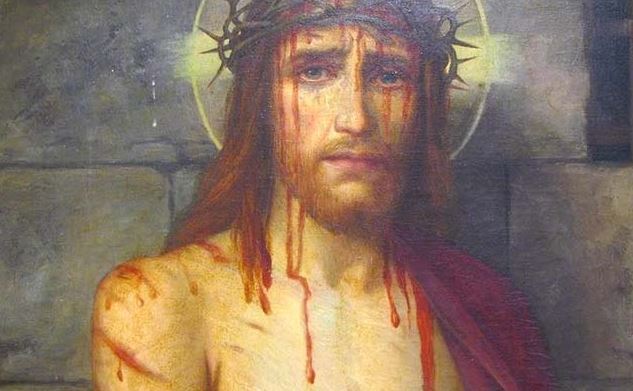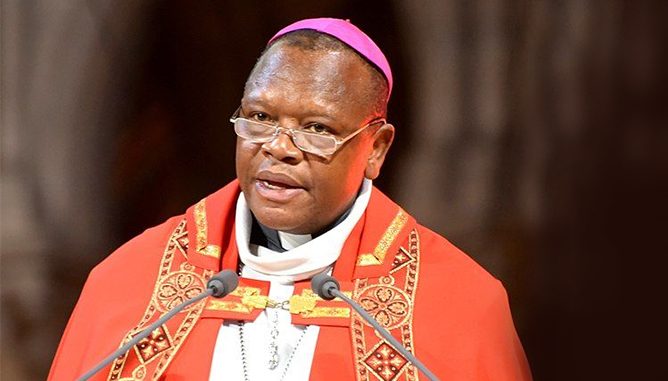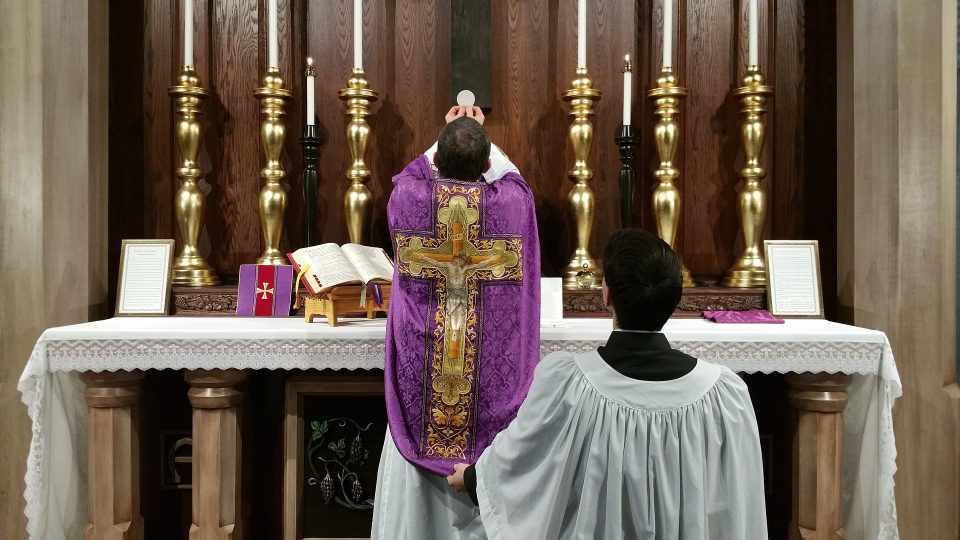Fr. Olek Stirrat: Liberation Theology Today

Daily Scripture Reading and Meditation: Unless You Repent – You Will Perish
October 26, 2024
Vote for Life, Marriage and the Family, by Barbara Toth, PhD
October 26, 2024
Karl Marx memorial in Chemnitz; called "Nischel". January 17, 2004. Transferred from de.wikipedia to Commons. By Robert Steffens. RobbyBer at the German-language Wikipedia, the copyright holder of this work, hereby publishes it under the following license: GNU head Permission is granted to copy, distribute and/or modify this document under the terms of the GNU Free Documentation License ...
By Fr. Olek Stirrat, Catholic World Report, Oct. 25, 2024
Fr. Olek Stirrat, born in Poland, is a priest of the Archdiocese of Adelaide. He was ordained in 2022 and is currently ministering in South Australia.




